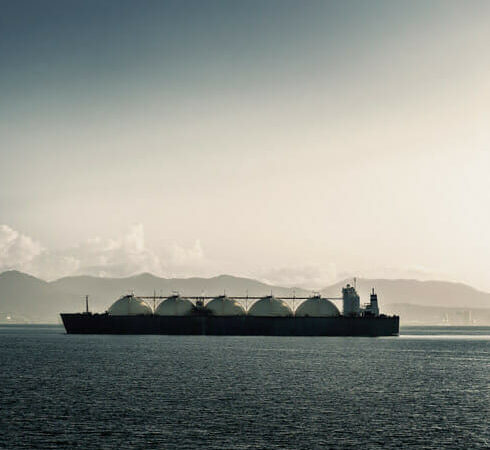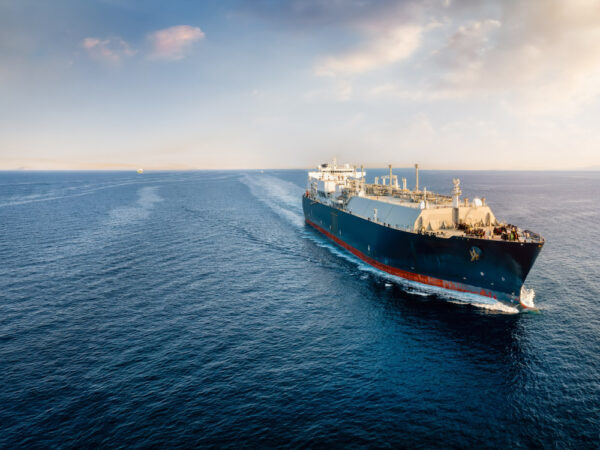Moving Energy
Efficiently
Search
Sanctions
Gunvor adheres strictly to all application international economic sanctions and regulations. Given the increasing importance of sanctions to international trade, we have expanded our function to specifically monitor sanctions evolution. Throughout Gunvor’s counterparty due diligence process, sanctions checks are carried out both through third-party systems and Gunvor’s own internal processes. On a daily basis, the […] Read More
Gunvor Group Results 2022
Following a year in which the global economy began its recovery from the Covid-19 pandemic, 2022 commenced with commodities markets in tight supply and inflation rising throughout the world. With the invasion of Ukraine by Russia at the end of February, commodities prices spiked to new levels in response to unprecedented market uncertainty and a series of economic sanctions put in place by Western governments. Read MoreGunvor Group Brochure 2024 Chinese
Chinese version of the Gunvor Group Brochure. Gunvor Group is one of the world’s largest independent commodities trading houses by turnover, creating logistics solutions that safely and efficiently move physical energy, metals and bulk materials from where they are sourced and stored to where they are demanded most. With strategic investments in industrial infrastructure—refineries, pipelines, […]
Sustainability, Ethics & Compliance Report : 11th Edition
Gunvor Group’s 11th Sustainability, Ethics & Compliance Report, the company’s annual compilation and analysis of developments related to Gunvor’s corporate activities throughout the world. The document covers aspects of how Gunvor manages health, safety, the environment, human rights and community relations, among other areas including transparency, business compliance, and ethics.
View High Res View Low ResCode of Conduct & Ethics 2024
The Code of Conduct & Ethics exists to provide clarity with respect to the expectations Gunvor has of its employees and contractors and of what they can expect of Gunvor. We are a unique company in our industry, and therefore have a distinct style—one that enables us to be dynamic and creative, which are hallmarks […]
View High ResSustainability Commitments 2021
Gunvor Group, one of the world’s largest physical energy commodities traders, has announced commitments in the areas of environment, social, and governance (ESG) targeting a 40% reduction in the company’s Scope 1 and 2 emissions by 2025. The commitments come as a part of Gunvor’s Sustainability Commitments 2021 document, which outlines how the company is […]
View High Res
Gunvor successfully increases OBSI facility to US $1.37 billion
Four new banks join existing lending group Gunvor Group Ltd (“Gunvor” or the “Group”) has refinanced and increased its Off Balance Sheet Instruments Revolving Credit Facility (“Facility”) to US $1.37 billion, up from US $990 million in 2022, in favour of Gunvor SA and Gunvor International B.V. The Facility received strong support from Gunvor’s existing […]Compliance Factsheet 2019 English
During the last decade, Gunvor has spent millions of dollars building an industry-leading Compliance Department. Our teams work continuously to improve company procedures to mitigate risks and anticipate others that exist within the commodities trading sector. Our goal is to maintain the highest ethical standards and comply with all relevant rules and regulations wherever we […]
View High ResPayments to Governments
Gunvor Group has expressed support for the Extractive Industries Transparency Initiative (EITI) to establish a consistent means by which to reliably report on its payments to governments, with the aim to improve transparency and reduce the potential for corruption in cooperation with these governments. Gunvor’s reporting includes purchases of crude oil and refined oil products […]
View High ResClearlake Shipping
Moving Energy Efficiently Clearlake Shipping One of the largest global charterers of tanker vessels Singapore | Geneva | Tallinn | Houston CLEARLAKE IS A WHOLLY OWNED SUBSIDIARY OF GUNVOR GROUP Clearlake Shipping, a subsidiary of Gunvor Group, is one of the largest charterers of tanker vessels in the world. With chartering and freight trading activities […] Read MoreNyera
Moving Energy Efficiently Nyera A New Era of Trading and businesses. Nyera’s trading and investment activities are performed on a commercial basis, and the company is deliberate in entering areas of opportunity that will ensure a sustainable long-term model. NYERA IS A WHOLLY OWNED SUBSIDIARY OF GUNVOR GROUP As a leading global physical commodities trading […] Read More
Gunvor secures US $1.125 billion sustainability-linked syndicated revolving credit facility
Gunvor Singapore Pte. Ltd. (the “Borrower”), a wholly-owned subsidiary of Gunvor Group Ltd (“Gunvor” or the “Company”), has closed a US $1.035 billion sustainability-linked, syndicated revolving credit facility (the “Facility”) on 16 June 2023. The Facility, which was launched initially at US $550 million in April 2023, benefited from strong support from a total of […]Credit risk
Credit Risk in Energy Commodities Trading Credit risk, in the context of energy commodities trading, refers to the possibility that a counterparty will not fulfill its financial obligations as agreed upon in a contract. This risk becomes especially relevant in over-the-counter (OTC) markets where companies engage in bilateral agreements to buy or sell commodities like […] Read More